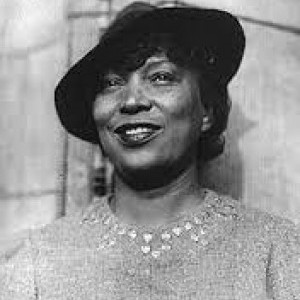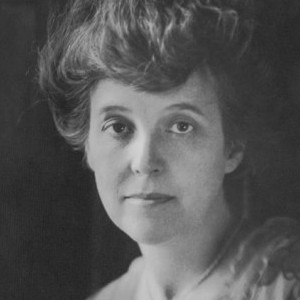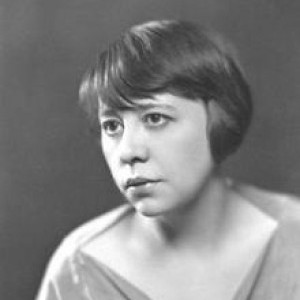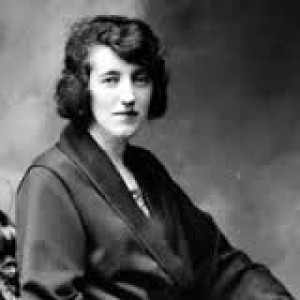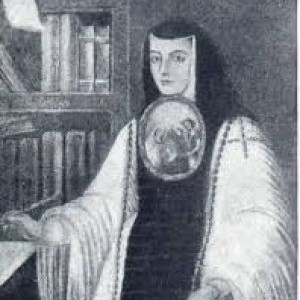Sex (written under the pseudonym Jane Mast)
About the Play
1926
April 26, 1926, at Daly’s 63rd Street Theatre in NYC
6 women, 15 men
Comedy, Drama,
Three acts
Mae West, Three Plays: Sex, The Drag, and Pleasure Man. Routledge, 1997.
Summary
Act I: Margy LaMont, an ambitious prostitute from Montreal, saves the life of wealthy Clara Stanton, who was on a date with Margy’s pimp, Rocky. She does so with the help of her friend/client Gregg, an English naval officer who gives her the idea to follow the fleet and entertain the sailors – making her rich and allowing her to leave Rocky. Clara, meanwhile, lies to a police officer and says that Margy tried to rob her. Margy swears to get even.
Act II: Following the fleet to Trinidad, Margy is introduced to Jimmy, a millionaire civilian. Jimmy, unaware Margy is a prostitute, falls in love with her and proposes marriage. Agnes, Margy’s best friend, arrives and tells Margy that upon returning home, she was rejected for her life of prostitution. Margy tells Agnes that she is planning on coming clean to Jimmy, but Agnes warns her to keep silent and subsequently drowns herself in the bay. Gregg proposes to Margy, who turns him down.
Act III: Jimmy takes Margy to meet his parents, and it becomes apparent that Jimmy’s mother is Clara Stanton – they recognize each other, but Clara cannot expose Margy without exposing herself. Gregg shows up, as does Rocky, who demands money from Clara. The police are called, and Margy’s identity is revealed. Jimmy rejects her for her background in prostitution, but she leaves for Australia with Gregg.
Background
When NYC mayor Jimmy Walker went on vacation, the acting mayor used Walker’s absence to raid three notably risqué Broadway shows on Feb. 9, 1927. Sex was the primary target; it was in the tenth month of its run, playing to a total of 325,000 theatregoers for 339 total performances, at the height of the Jazz Age.
West spent $14,000 to bail out herself and her company of actors. The court offered to drop the case if she closed the show, but the press encouraged West, who saw it as a chance to improve her notoriety. When the case went to trial, the grand jury found West and her producer guilty of obscenity and “endangering the morals of youth” – she was sentenced to ten days in jail (with a $500 fine attached), but spent only eight, released two days early for “good behavior.” Liberty magazine paid $1000 for an exclusive interview with her.
Chandler, Charlotte. She Always Knew How: Mae West, A Personal Biography. Simon & Schuster. February 10, 2009.
Louvish, Simon. Mae West: It Ain't No Sin. (Louvish Hollywood Biographies). Interlink Pub Group Inc. October 15, 2016.
http://nymag.com/news/features/scandals/mae-west-2012-4/
http://observer.com/1997/10/mae-west-wrote-plays-pity-we-can-only-read-them/
http://mentalfloss.com/article/52283/13-things-you-might-not-know-about-mae-west
http://www.telegraph.co.uk/comedy/comedians/mae-west-best-quotes/
http://www.theguardian.com/theguardian/2007/sep/21/greatinterviews
About the Playwright

Though Mae West (1892-1980) lives on in popular culture as an alternately sultry and comedic sex symbol from twenties and thirties films, her plays challenged the conventional mores regarding homosexuality and female sexuality—even in the ‘libertine’ Jazz Age. Born Mary Jane West in Brooklyn, New York, on August 17, 1892, West dove almost instantly into show business. By age fourteen, she was a well-known vaudevillian under the stage name Baby Mae. At age eighteen, her career blossomed and she …
View Profile
Join & ParticipateTell Us Your Experience



